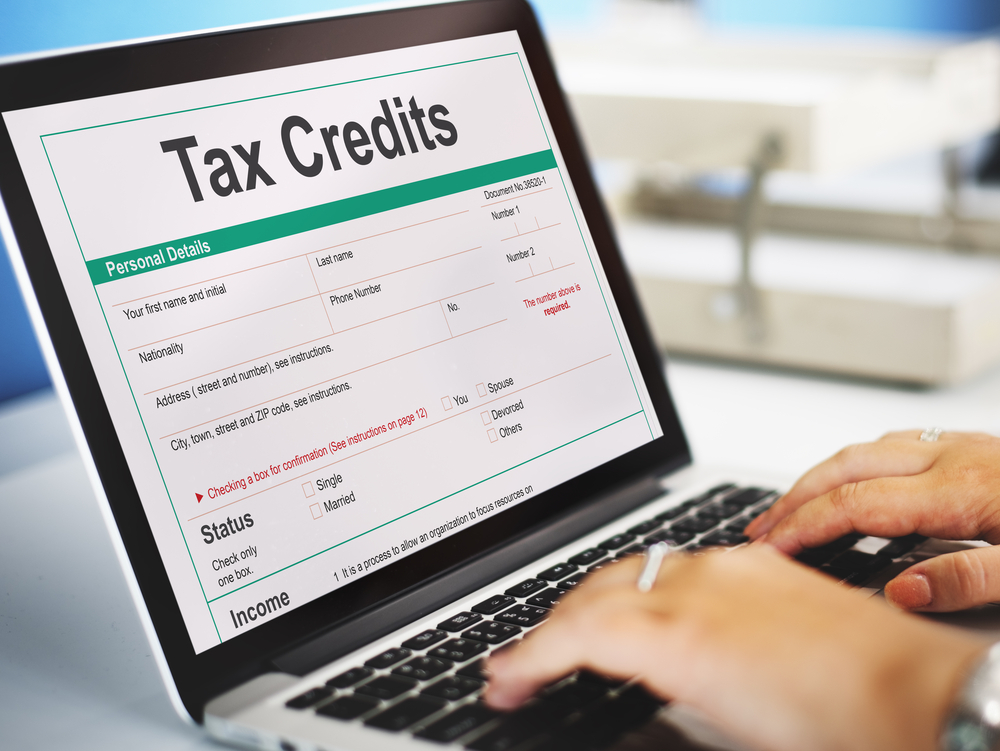3 Deductions and Credits to Double Check before Filing Your Return
Peacock & French CPAs
Jan 01, 2022

The New Year marks the official start of the 2022 tax season, so it’s time to start thinking about your 2021 tax return. As those tax forms start rolling in, you might be tempted to jump on filing your return right away. Don’t get us wrong, filing early is a good call, but it’s important not to get ahead of yourself; here are three important things to double check before you file.
An Extra Charitable Contribution Deduction
Deductions for charitable contributions are hardly new to tax law. However, there was a change for 2021 tax returns that can give you a little extra boost if you take the standard deduction. In addition to the standard deduction amount, you can also take an additional deduction for cash charitable contributions that you made last year. Individuals can claim up to $300, and married couples filing jointly can claim up to $600.
This addition gives a little extra benefit to taxpayers who make regular cash donations to qualifying charities. However, because you wouldn’t normally list additional charitable deductions when taking the standard deduction, many taxpayers may overlook this little tax bonus. Keep in mind that in order to qualify, the donations must be monetary contributions (not donation of items, property, etc.) and must be made to a qualifying charity.
Handling Advanced Child Tax Credit Payments
Last year had some very unusual tax-related changes, one of which was an advance on child tax credit payments. Many parents remain uncertain on how those advanced payments will impact their taxes, so it’s important to compare the amount you received with the amount you were owed very carefully. Sometime this month, you should receive Letter 6419 from the IRS, which will show the amount you received in child tax credit payments in 2021. Compare that amount to what you qualified for to determine if you were paid correctly, underpaid, or overpaid.
If you were underpaid, you can claim an additional credit for the remaining amount you were owed. If you were overpaid, you may have to repay the excess amount you were given; repayment requirements will vary depending on your income level. It’s important to be aware that these advance payments are a part of a regular tax credit that parents usually receive every year. This means that, because you were already paid for that credit, you might have a slightly higher tax bill this year (or slightly smaller return) than normal.
Handling Economic Impact Payments
The second unprecedented tax change we experienced in 2021 was the implementation of economic impact payments, which were paid out to Americans through the IRS. Similar to the child tax credit payments, your economic impact payments (more commonly referred to as stimulus checks) were consider an advance on a tax credit. The main difference here is that this particular tax credit is one that didn’t exist before. This means that your stimulus checks most likely won’t have any impact on your tax return.
However, it’s still important to compare the amount you received in stimulus payments with the amount you qualified for. There were a total of three economic impact payments sent out; if you did not receive all three, or if you received less than the full amount for any of those checks, you may qualify for an additional recovery rebate credit on your 2021 tax return. As with the child tax credit, you’ll receive a letter from the IRS this month (Letter 6475, to be exact), which will list the amount you received in economic impact payments last year, and you’ll need to compare that with the amount you should have received.
Again, if you were underpaid, you can claim an additional recovery rebate credit. If you were paid correctly, it will have no impact on your taxes. And if you were overpaid, you shouldn’t have to worry about repaying the overdue amount; the IRS has made provisions for these situations in order to avoid placing undue stress on taxpayers at this time.
There’s no denying that 2021 was an odd year in many ways, and understanding how to handle your tax return this year can be more difficult than usual. If you need assistance with filing your 2021 tax return or understanding how these tax changes impact you, reach out to Peacock & French, CPAs today. We’ll sit down with you to go over your taxes, and help you get your return filed as soon as possible. Be sure to schedule your appointment before the tax season rush begins!